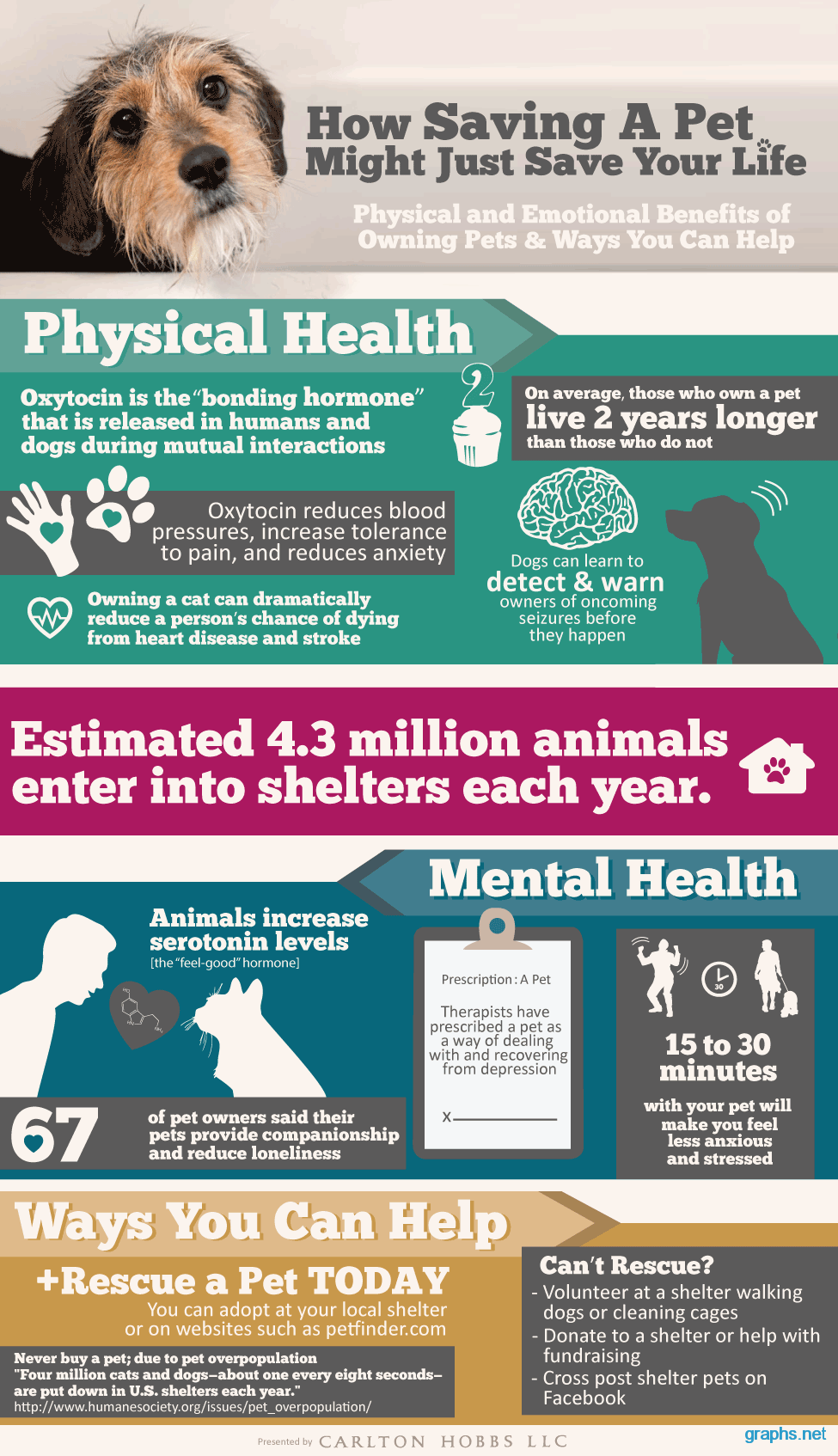Whether your pet dogs spend time at childcare or boarding facilities, they require to be current on all of their called for inoculations. Core injections include Bordetella, rabies and DA2PP, which defend against typical diseases that dogs are revealed to when in close contact with others.
Non-core vaccinations include canine flu and leptospirosis shots. These are suggested for pups that join other pets often.
Core Vaccines
As a critical part of precautionary care, pet dog vaccines assist keep pets safe from transmittable illness sent with straight get in touch with or contaminated surface areas. Vaccines promote the immune system to develop antibodies that fight condition, and many veterinarians think about core pet injections to be crucial for all family pets.
Rabies
Most trustworthy canine childcare facilities call for that your animal depend on date on their rabies inoculation. Vaccinations are provided to puppies as early as 12-16 weeks old, and boosters are required every three years approximately until their adult years. Rabies is a fatal viral illness that spreads out through saliva, normally from bites. A lot of states require rabies vaccinations for all pets and cats, and some also mandate rabies boosters for pet owners.
Distemper/Parvovirus/Adenovirus (DHPP).
This mix vaccine covers canine distemper, parvovirus, liver disease, and adenovirus, every one of which are extremely transmittable. Most vet workplaces offer DHPP injections as one shot or in a collection of two to 4 shots, offered 2-4 weeks apart, followed by a yearly booster. This vaccine is a requirement for a lot of boarding and dog daycare facilities, along with many groomers.
Bordetella/Canine Parainfluenza Injection.
Bordetella bronchiseptica, generally known as kennel cough, is an extremely transmittable respiratory infection triggered by the microorganisms that creates the disease. Signs consist of persistent coughing, sneezing, nasal discharge, and fever. A lot of kennel coughing outbreaks occur in congested settings, such as daycare or boarding facilities, and are particularly typical in warmer climate. This vaccination is a requirement for many childcare and boarding centers, and is frequently provided in a mix with the DHPP vaccination.
Leptospirosis Vaccine.
This is a bacterial illness that spreads out via infected water, dirt, and urine. Infection can cause kidney and liver damage, in addition to fatality, and is transmissible to human beings. Most vets will suggest this vaccination, based upon geographical location and lifestyle of the pet, for canines that hang out outdoors or at boarding centers, along with some groomers. This vaccination is usually administered as a series of 2 to 4 shots, spaced 2-4 weeks apart, with a yearly booster needed for a lot of pet dogs.
Lyme Condition Vaccination.
The most common tick-borne disease in the United States, Lyme disease is transmitted by the deer tick and can result in fever, joint pain, muscle soreness, and loss of appetite. The dog boarding facilities Lyme disease injection safeguards against the most prevalent strains of the virus, including the H3N8 and H3N2 strains. Most veterinary clinics recommend this vaccination, specifically in risky locations, such as the Northeast, top Midwest, Mid-Atlantic, and along the Pacific shore.
Noncore Vaccines.
Various other pet dog injections, while not needed for all family pets, are suggested based on the canine's way of life and geographical place. These include the following:.
